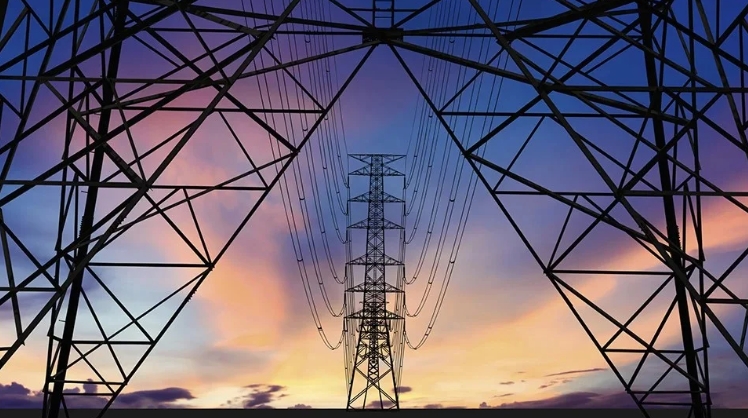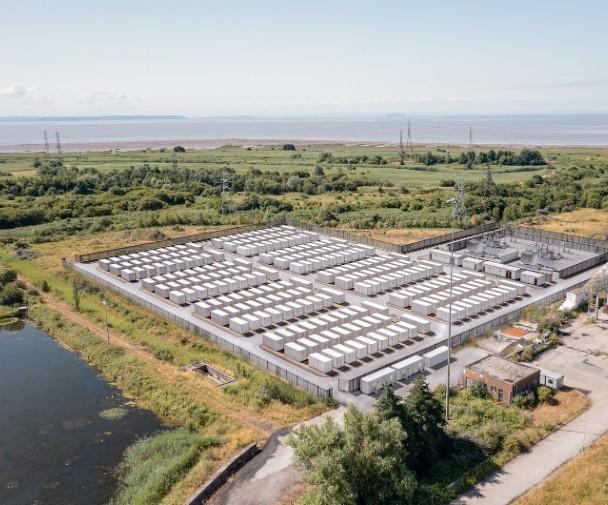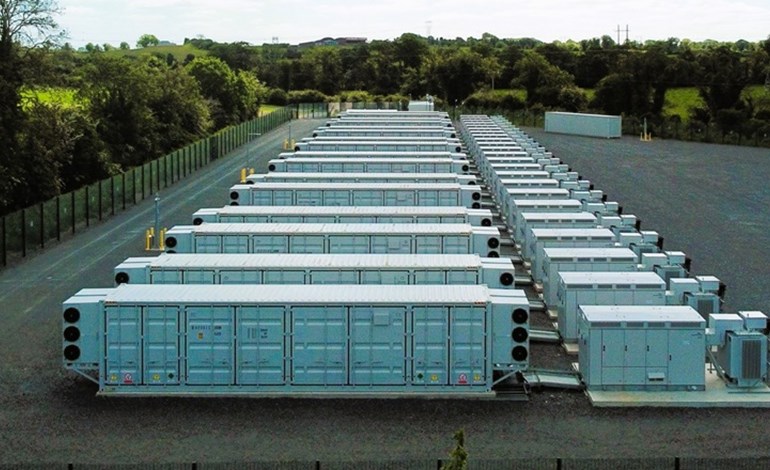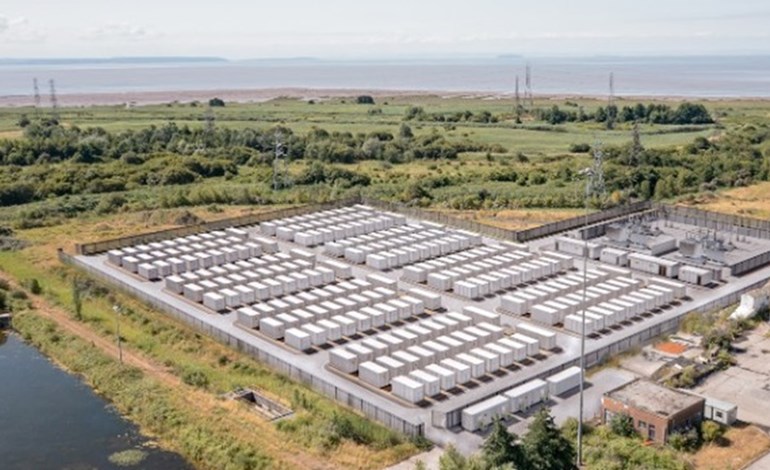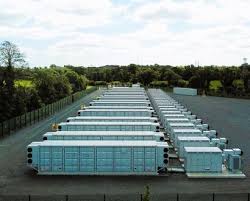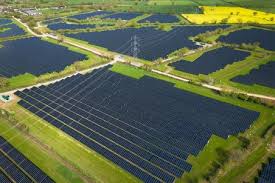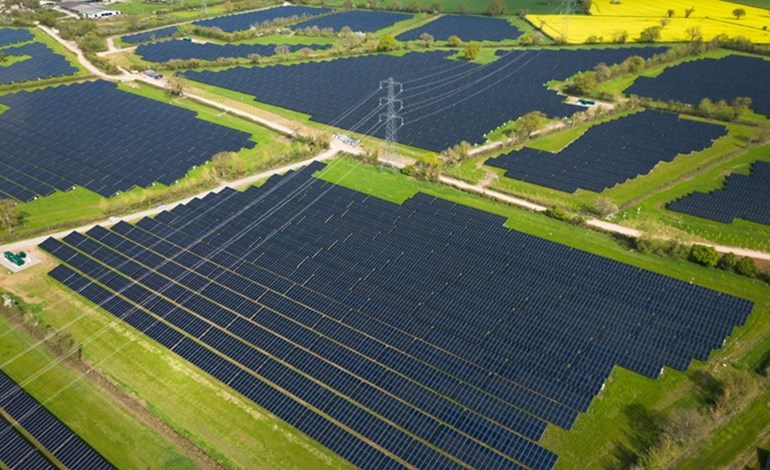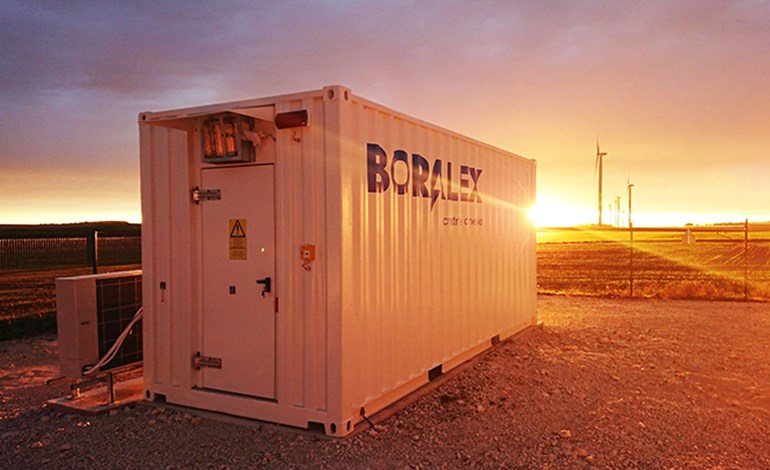
The House of Lords Science and Technology Committee has outlined that the UK government must “act fast” to ensure long-duration energy storage (LDES) technologies can scale up and contribute to the decarbonisation of the electricity system.
It is worth noting that the target to decarbonise the electricity system is a mere 11 years away.
In a bid to support the technology, the Committee’s report, dubbed Long-duration energy storage: get on with it, outlined that a coordinated effort is needed to unlock investment in LDES and to ensure a strategic reserve of storage is delivered both to achieve net zero and to protect the UK from future energy supply shocks, a perspective shared by various members from across the energy industry.
One of the biggest questions raised by the energy industry in response to the government’s consultation on LDES technologies was the decision to exclude lithium-ion batteries from the LDES business model. For example, battery developer-operator Field’s COO, Luke Gibson, stated that excluding lithium-ion technology at a 6-hour duration “should be reconsidered”.
The report also discussed this topic, with the Committee stating that one of the most significant barriers to LDES technologies has been a greater focus on lithium-ion batteries. It said, “One of the key barriers is that there is still too much focus on lithium-ion”.
Whilst the Committee has welcomed the government’s recent reforms to the energy system, such as committing to delivering a Strategic Spatial Energy Plan, the report raises concerns that it is unclear who will be responsible for implementing this plan or how future energy supply crises will be managed.
